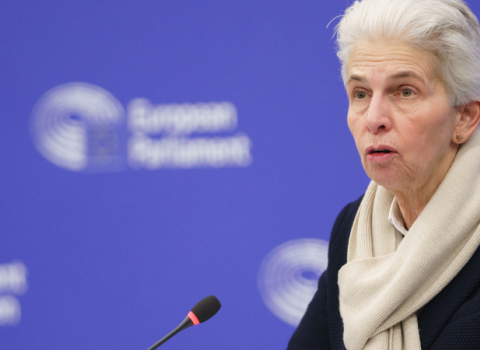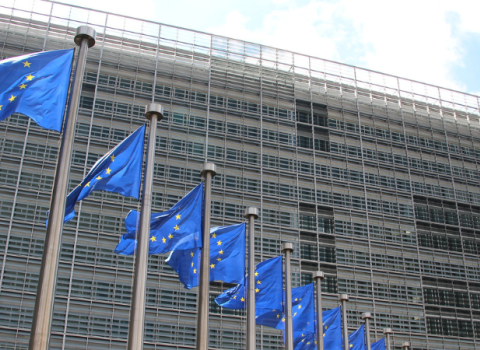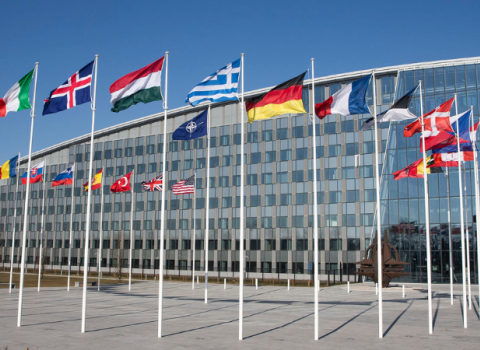NSF awards $67M to groups led by University of Washington and Texas A&M to provide US researchers with information about security risks

National Science Foundation (NSF) director Sethuraman Panchanathan. Photo credits: NSF
In its continuing push to tighten research security, the US government awarded $67 million to two consortia led by the University of Washington and Texas A&M University to set up a national organisation helping US researchers safeguard their research.
The new SECURE Center, to be hosted in Seattle, is intended to be a kind of one-stop-shop for US research organisations and small businesses looking for guidance on security. Its creation was mandated by Congress in the CHIPS & Science Act of 2022, as part of a growing effort to prevent unauthorised leaks of sensitive research to other countries – especially China.
The award, announced 24 July by the National Science Foundation, grants $50 million over five years to a consortium of ten universities led by the University of Washington, which since 2014 has built up a large centre for security and safety research under a professor there, Mark Haselkorn.
An additional $17 million grant goes to Texas A&M to provide services analysing potential security risks and developing tools to manage them.
Tightening security
The awards are the latest step in a steady ratcheting-up of university security systems started in the Trump administration, and continued by President Biden. Last week, the White House published guidance on how it intends US funding agencies and their grant recipients to handle security. At the same time, the US has been pushing its allies to upgrade their own security – leading, for instance, to Canada publishing a blacklist of Chinese research organisations, and the European Commission developing a security ‘toolkit’ for universities.
Especially in Europe, however, concern among many academics has been mounting over the risk that these measures make peaceful, cross-border scientific collaboration harder. The NSF statement announcing the new grants quoted NSF director Sethuraman Panchanathan: “NSF is committed to principled international collaboration. At the same time, we must address threats to the research enterprise.”
The SECURE Center is to be partly funded by the government and by user fees, in an effort to give the US academic community a say in how it operates. Classified information about security threats will stay in the hands of government officials overseeing the project. But the centre will provide unclassified information about “improper or illegal efforts by foreign entities to obtain research results,” according to the NSF’s call for applications last year. It will also provide "timely reports” on risks, security training for faculty and staff, and “analysis of patterns of risk and identification of bad actors.”
Under the SECURE Center grant, there will be five regional security centres around the country to be managed by the University of Washington, Northeastern University, Emory University, Texas A&M with the University of Texas-San Antonio and the University of Missouri. Four additional consortium members are the University of Michigan, Mississippi State University, Stanford University’s Hoover Institution and the College of Charleston, South Carolina.





 A unique international forum for public research organisations and companies to connect their external engagement with strategic interests around their R&D system.
A unique international forum for public research organisations and companies to connect their external engagement with strategic interests around their R&D system.